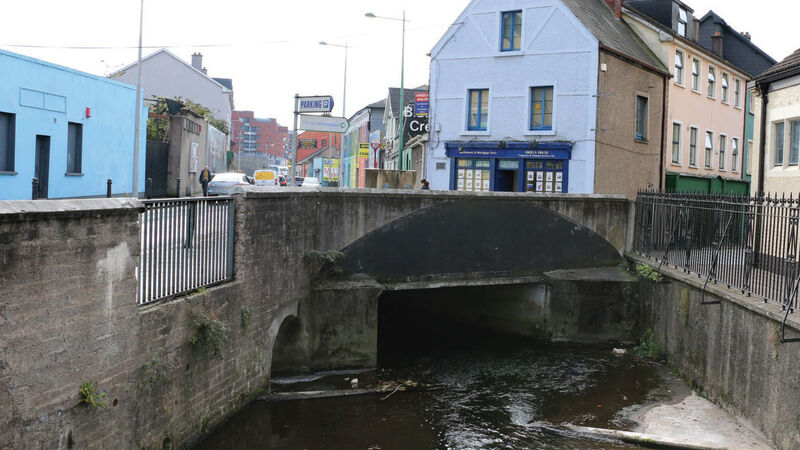Campaigners to press on with legal challenge against Blackpool flood defence scheme

Campaigners say the proposed flood defence scheme for Blackpool will destroy an important otter habitat but the OPW insists that the scheme's design has incorporated significant environmental mitigation and enhancement measures to address environmental concerns relating to the migration of otters.
Campaigners opposed to the culverting of a stretch of river in Cork as part of a €20m flood defence scheme are pressing ahead with a legal challenge.
The Save Our Bride Otters group said it noted the OPW Minister’s recent plea for them to consider their position in relation to the River Bride Flood Relief Scheme at Blackpool.
















